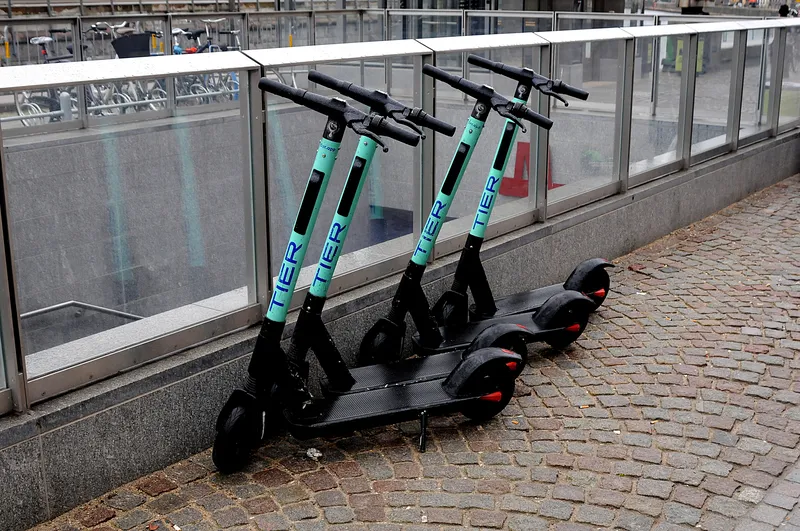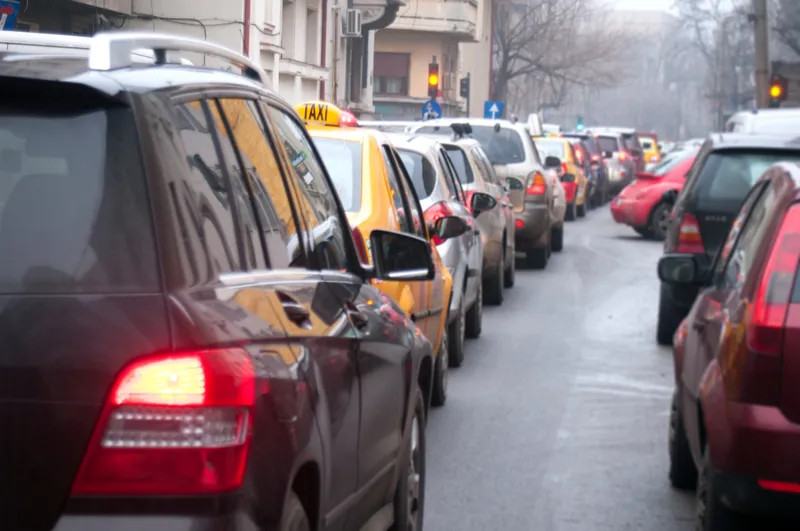
Tier is introducing a safety pricing model in London that does not charge riders when electric scooters are stationary in a bid to help tackle reckless riding.
The micromobility firm is part of an e-scooter trial in the UK's capital which also includes Lime and Dott.
Tier says riders are typically up against the clock when they use an e-scooter because they are charged by the minute - it is aiming to discourage an urgent approach to riding and prevent behaviour such as mounting a pavement to bypass traffic lights by not charging riders for the time they spend in traffic or waiting at traffic lights.
The policy will also see Tier give riders a free minute at the beginning of each trip, so that they can put on their helmet and plan a safe route at no cost before setting off.
Additionally, Tier is to tackle illegal e-scooter use by offering private owners in the UK capital the chance to trade in their vehicles to be recycled or re-purposed in exchange for ride credit equal up to £150.
The scheme will give owners the opportunity to ride e-scooters safely without breaking the law and risking fines or losing their driving licence, the company adds.
Tier will offer to collect these e-scooters and take them away to be recycled with a local partner or re-purposed through a charity or social enterprise in another Tier territory where private use is legal.
Owners will be asked to show proof of purchase when exchanging their vehicle, and will need to pass Tier’s AA Ride Safe School, which includes an e-scooter theory test.
Fred Jones, regional manager for Northern Europe at Tier, says the company is enabling "far more responsible e-scooter use in London".
"Working with Tier safety board members such as London Vision and Transport for All, we will keep listening to the concerns of the public – especially people with sight loss and other disabilities – and develop solutions that benefit everyone in society.”










